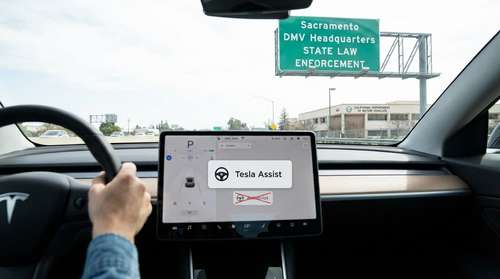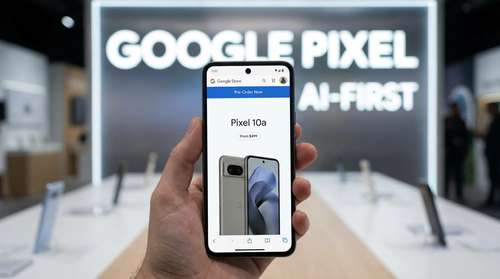Recent reports suggest that iPhones are set to undergo significant changes with the integration of AI in smartphones.
This news has caused a stir in the tech community, sparking excitement and speculation.
The collaboration between Apple and Google to integrate iPhone artificial intelligence has surprised many in the tech industry, as the two companies are typically seen as competitors.
Bloomberg's Mark Gurman first whispered about this collaboration, sparking widespread surprise.
Gurman's revelations prompted discussions between the two companies regarding incorporating Google's AI model, Gemini, into the iPhone.
"The two companies are in active negotiations to let Apple license Gemini, Google’s set of generative AI models, to power some new features coming to the iPhone software this year," Gurman wrote.
This unexpected partnership suggests a potential deepening of ties between the longtime rivals.
Late Entry into the AI Arena: Apple's Strategic Move
Apple is known for its meticulous approach to innovation. It often adheres to the philosophy of "don't do it first; do it right."
Consequently, it is no surprise that the tech giant needs to be more tardy in fully embracing smartphone AI than its counterparts like Google, Samsung, or Qualcomm.
Recent developments suggest a significant change in Apple's strategy, with a newfound focus on integrating AI.

The upcoming Worldwide Developers Conference will showcase Apple's foray into AI and highlight on-device enhancements that reduce reliance on internet connectivity.
While Apple's in-house AI developments are being anticipated, Google's involvement introduces a new dimension to the iPhone's AI capabilities.
Additionally, using Google's extensive resources and expertise could propel Apple into dominance, ushering in a new era of technological advancement.
The Dawn of Mainstream AI: Implications for the Future
Integrating AI into smartphones is not a new concept, yet the imminent collaboration between Apple and Google is seen as a significant milestone in its mainstream adoption.
With competitors like Samsung already making an impact with features such as live translation capabilities, the pressure on Apple to innovate has intensified.
Apple aims to position itself at the forefront of AI innovation by embracing external partnerships and harnessing the collective expertise of industry leaders.
Additionally, this collaboration might extend beyond smartphones, potentially influencing various industries.
With AI set to revolutionise healthcare and automotive sectors, integrating advanced AI capabilities into iPhones could catalyse a wave of innovation across multiple domains.
Moreover, AI-enhanced smartphones will benefit consumers, from personalized digital assistants to augmented reality experiences. Integrating AI may enrich the user experience and redefine how individuals interact with their devices.
Great innovation brings great responsibility. It's crucial to consider the ethical implications of integrating AI, ensuring that privacy concerns and data security, especially for smartphones, are upheld.
As technological trends continue to advance rapidly, industry leaders must establish ethical frameworks and regulatory safeguards.




